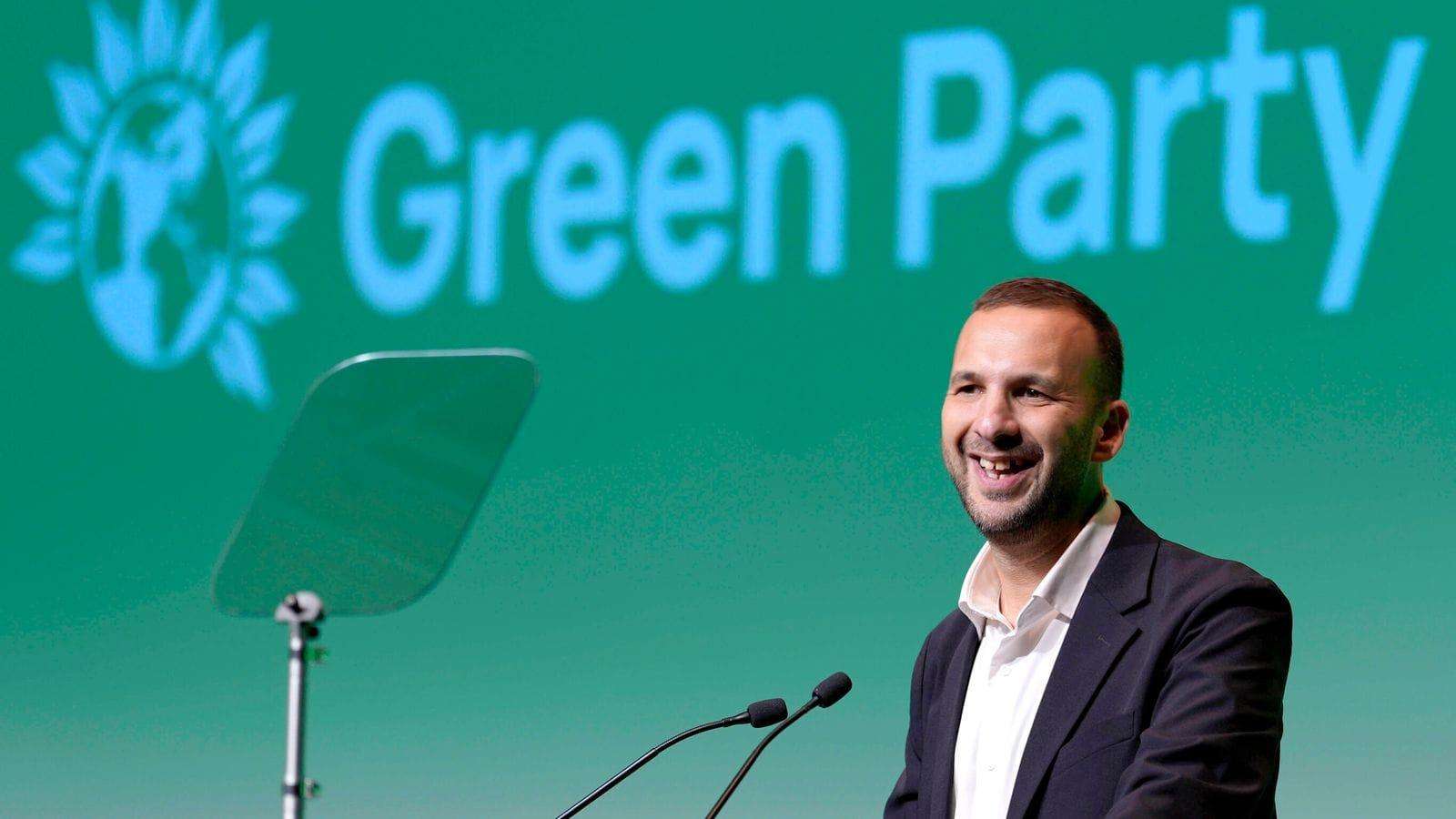After years of setbacks, including a costly break-in at its Wirral facility, Typhoo Tea, one of the oldest tea companies in Britain, is on the verge of going out of business.
According to court records on Thursday, Typhoo has submitted a notification to designate administrators. Businesses might utilize the step to allow themselves some breathing room from creditors while they attempt to repay their obligations.
Administrators from EY are reportedly in line as Typhoo uses the procedure to investigate rescue alternatives. Typhoo is not in administration just because of the court notification.
Dave McNulty, chief executive of Typhoo, said: “This action has been taken to enable us to pursue a sale of the business. A further statement will be issued in due course with further information.”
Typhoo, which was founded in 1903 by Birmingham grocer John Sumner, was once one of the UK’s best-selling tea brands.
However, sales have struggled in recent years as many Britons have switched to coffee, energy drinks and novelty drinks such as bubble tea.
Tea consumption has been in decline for years and is forecast to drop by 8pc between 2023 and 2028, according to research firm Mintel.
Revenues at Typhoo fell from £34m in 2022 to £25m last year, while losses ballooned to £38m from £9.7m a year earlier, according to publicly available accounts.
The steep jump in losses came after the company suffered a break-in at its mothballed factory in Merseyside, which involved “extensive damage” to machinery and tea stock. This delayed the sale of the factory, which was then completed in June 2024.
Typhoo said it was forced to swallow £24m of exceptional costs in the 2023 financial year, with a significant portion of that related to the damage. Typhoo bosses said this had “materially” affected its operations.
In recent years, competition has also been ramping up from a wave of new “wellness” tea brands on the market, while manufacturers have also had to contend with tea paper shortages and a surge in import costs following Brexit.
Typhoo hired Dave McNulty, the former head of Burts crisps, as its new chief executive last month.
At the time, Typhoo launched an overhaul of its supply chain aimed at stopping sexual violence against women working on tea plantations in Africa.
The change involved going from working with 300 tea plantations in East Africa to just three. The company warned this could result in higher prices in supermarkets.
Private equity firm Zetland Capital has been the company’s majority shareholder since 2021. Typhoo’s debts stood at £73m at the end of September 2023, compared to £53m a year earlier.
Typhoo did not respond to requests for comment.
Source: Telegraph


_3.jpg)
_4.jpg)




.svg)


